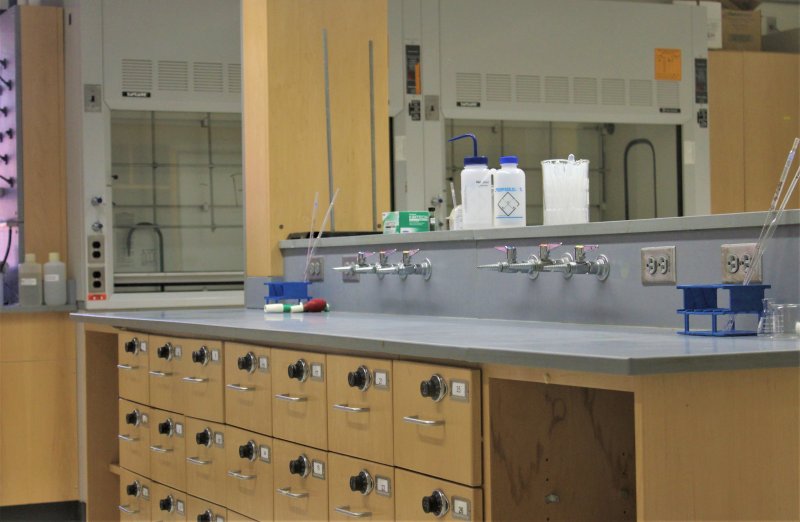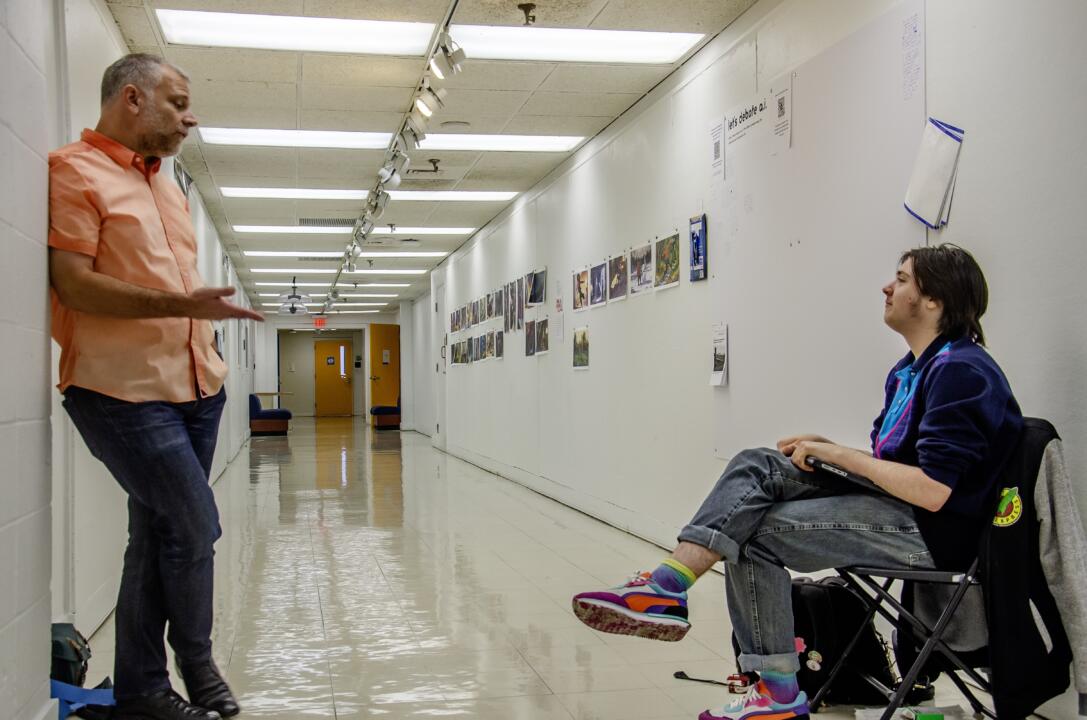Research into antibiotic resistance is becoming one of the forefronts of modern medical study. “There are estimates that by 2050, antibiotic resistance and deaths associated with them will outpace things like cancer, strokes and so on,” says Dr. Aaron Smith, a chemistry and biochemistry assistant professor at UMBC who was given a two-year grant to look more into this epidemic.
The Centers for Disease Control and Prevention describes antibiotic resistance as “one of the most urgent threats to the public’s health.” This is primarily due to the fact that overuse of antibiotics leads to resistant forms of some strains of bacteria.
Smith mentions that while the trend of bacteria becoming more resistant is concerning, it motivates his team to think outside the box when confronted with this situation. One approach is through non-traditional antibiotic routes, such as how pathogens acquire nutrients to survive. “With the NIH grant, we’re interested in understanding how pathogenic bacteria get iron,” Smith said. His research focuses on bacterium in the oral area, such as P. gingivalis, which causes gingivitis.
Even though iron is an inorganic substance, it is essential for all organisms to survive. The transition metal has two oxidation states: an oxidized (+3) and a reduced (+2) state, both of which can be used as a form of energy. Specific proteins in bacterium help take in iron, allowing for the pathogen to thrive inside a host. At this time, however, Dr. Smith notes that the specifics of how the reduced form of iron are acquired by pathogens remains unknown.
Thus, the NIH grant recipient hopes to “understand how these pathogens acquire iron so we can think about ways to limit iron uptake to stem the proliferation of the bacteria.” Finding ways to shut down one protein could prevent iron from entering the pathogen. In the future, the team plans to try to tackle antibiotic resistance by designing ways for bacteria to intake a specific molecule that can inactivate the iron proteins, causing bugs to become dormant or to die off.
Although mutation of the bacteria’s DNA is a concern, Smith explained that attacking the pathogen from all sides can help render the bacteria as ineffective. He would like to try targeting multiple proteins that the bacteria may use to take in iron – that way, the bug will not get the nutrient it needs to survive.
In terms of how the chemist received his grant, he explained that it took a lot of experimenting in the laboratory and coming up with a proposal to convince scientists that this really was a problem worth pursuing. Since it is a peer review process, the assistant professor received feedback from other scientists as they critiqued his work and gave advice to improve his research methods.
“Anything in science is certainly a lot of work,” Smith said. “But I think that what you’re passionate about is worth the effort.” In fact, he does not view working at UMBC as work, but rather as a pursuit of his passions as he dives into his research. Considering how grave the antibiotic resistance situation can become, he is hopeful that his work can one day be useful in the fight against bacterium resistance.


